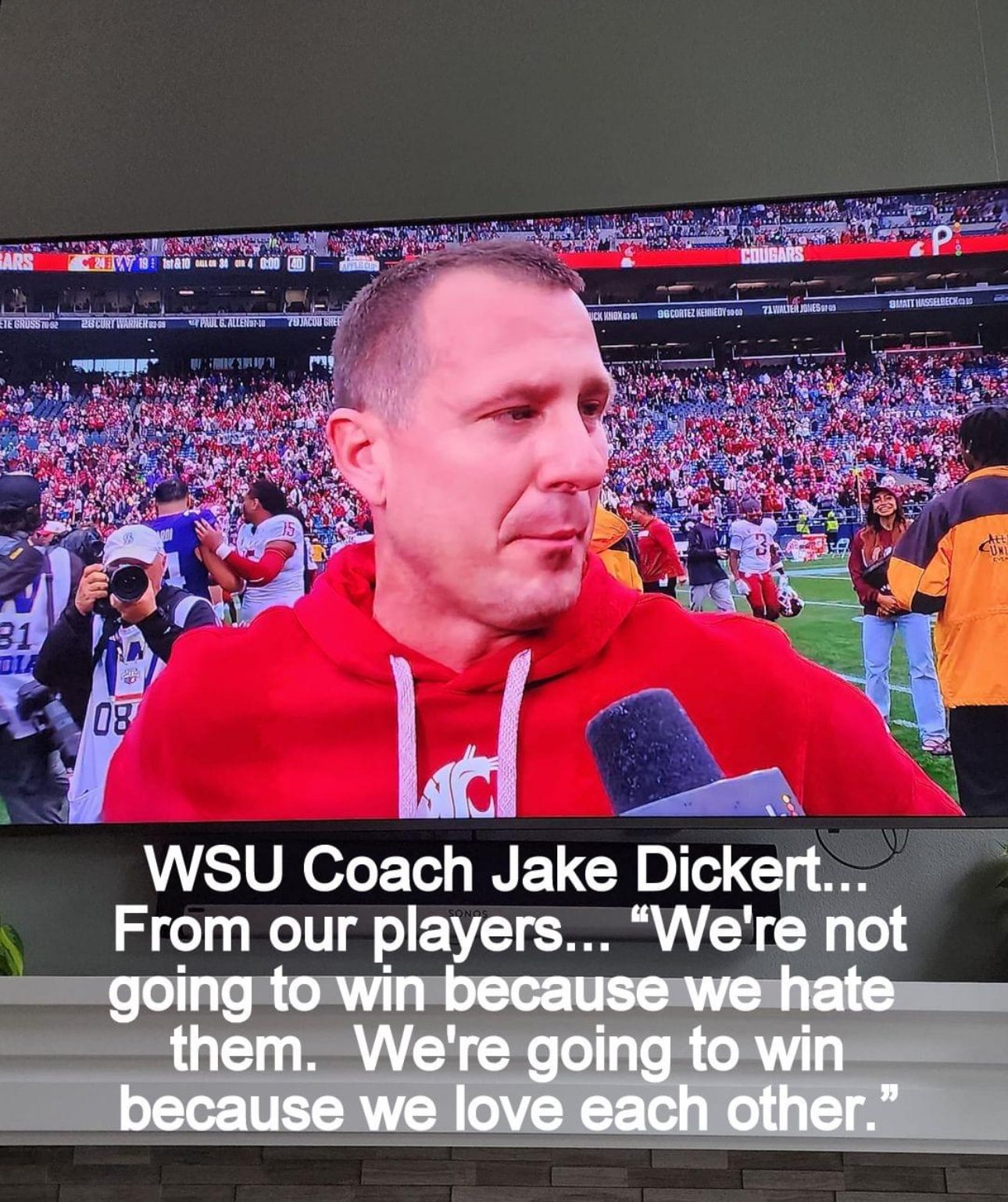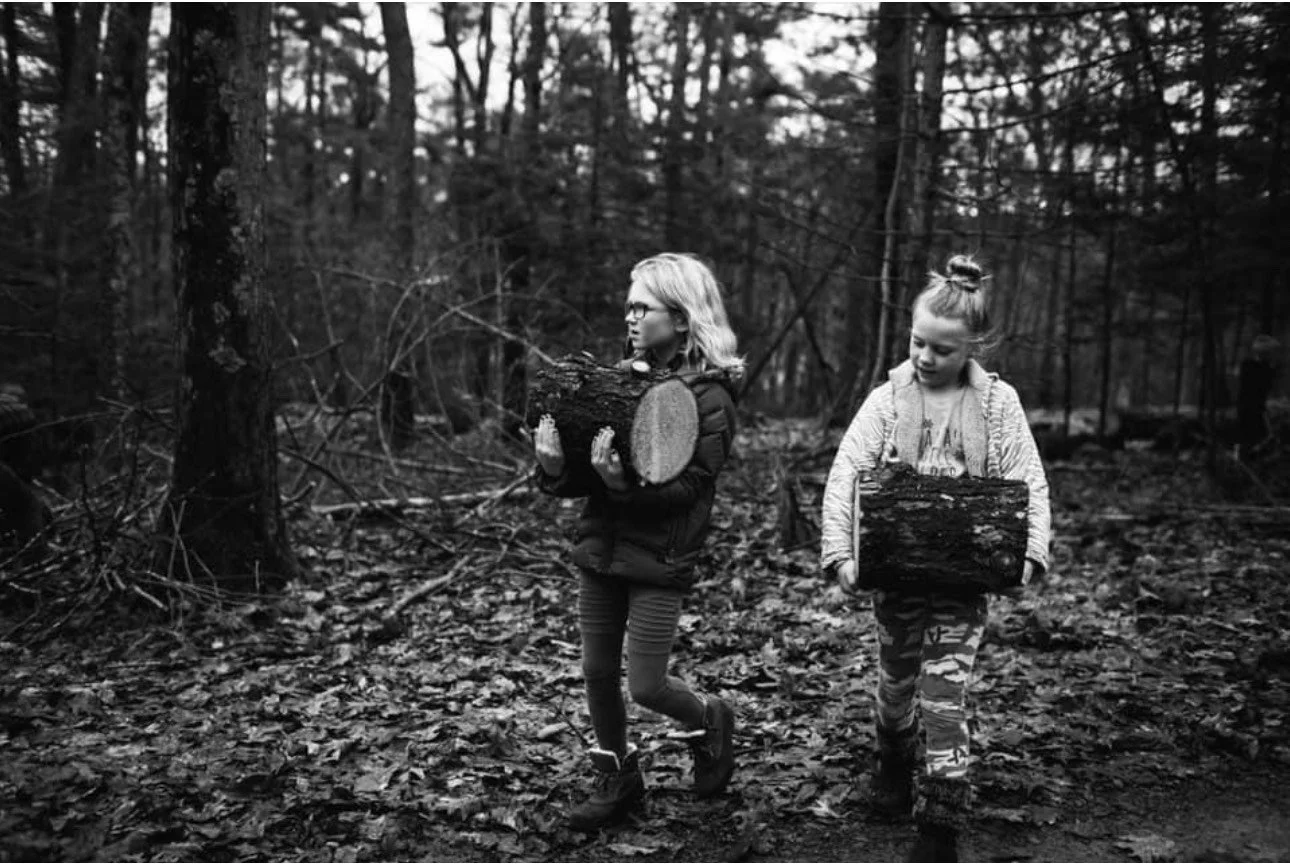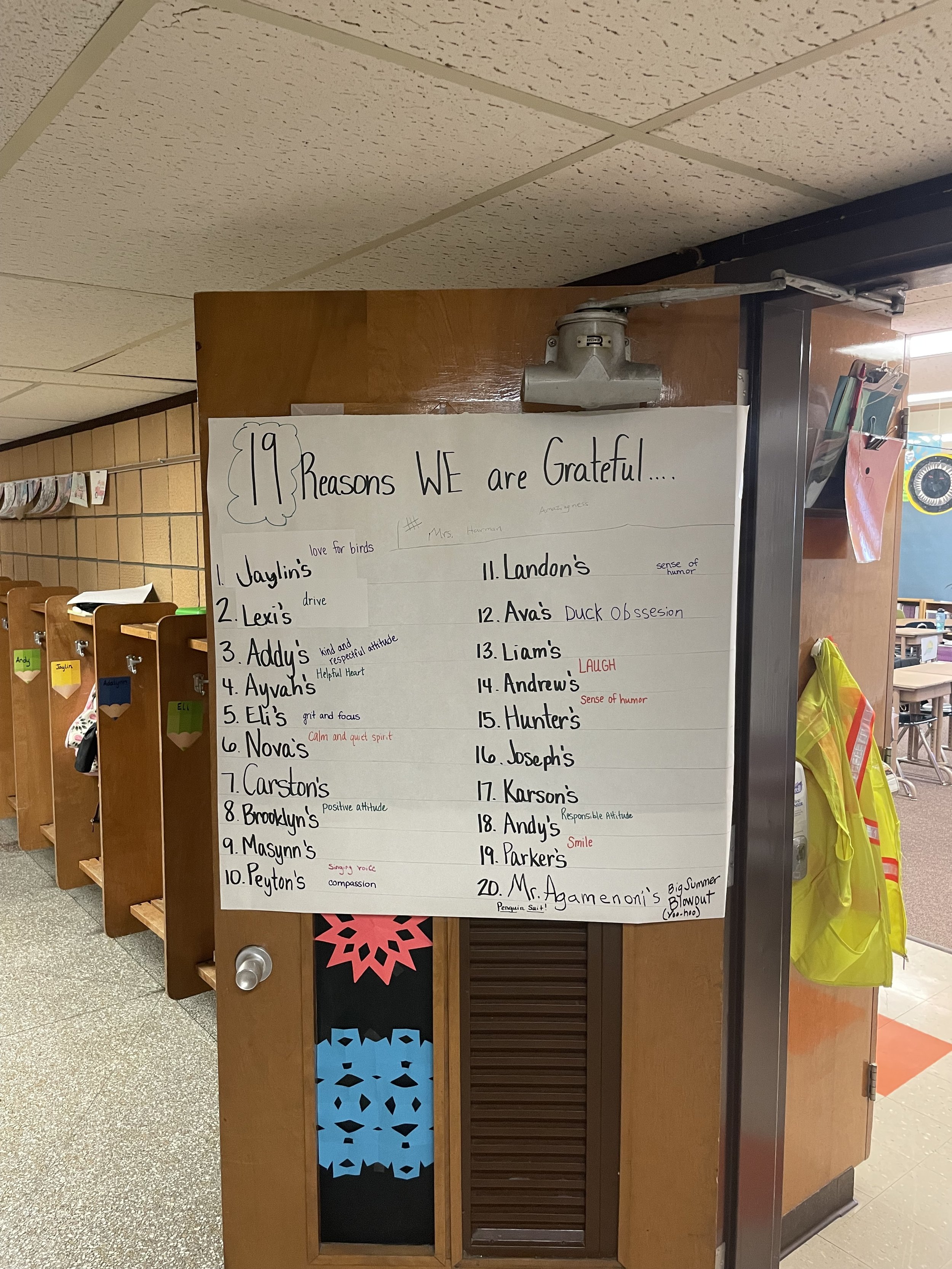In Make it Stick: Why Some Ideas Survive and Others Die, Chip and Dan Heath mention "the curse of knowledge."
The curse of knowledge is when we become so familiar with something (an idea, way of life, purpose statement) that we can no longer remember what it was like to live without it. And because it is so familiar to us, we struggle to relate to those who don't understand it. In our minds, the concept is so simple; in theirs, it is complex and confusing.
In a recent conversation with an old friend, I was convicted of how this divide of knowledge impacts our relationships with parents.
As educators, we understand schools. The routines, expectations, norms, and the day-to-day pulse. We read books about learning and classroom culture, we attend conferences, listen to podcasts, and chat with colleagues. We eat, sleep, and breath education. And because we do, we cannot imagine what it would be like not to know so much about our schools, our classroom, or education at large.
Many of our parents, however, have a limited understanding of all that happens within a given school day. When they visit our school or chat with us on the phone, they come to us with gaps of knowledge. And the problem with gaps of knowledge is NOT that there are unknowns, it is how we fill the unknown.
Our brains are pretty amazing at filling in the blanks of missing information. We take what we know (or think we know) and quickly fill in the gaps of knowledge or understanding. This practice, although normal and natural, often creates a false or incomplete reality of the people, places, and things we are trying to understand.
Our parents do this all the time. Especially those who have a natural mistrust of schools. Especially those who have had limited experiences. They take a single conversation we have about their child, generalize it, and then fill in all the unknown gaps with unfair, at times unkind, but almost always incomplete information.
And we wonder why, when working through conflict, it feels more like a battle than a brainstorm.
Many of our parents have a misunderstanding of what we do and who we are because they have limited knowledge and experience of the educational system. Many educators have a misunderstanding of parents' perspectives because we forget what it's like to have gaps in our knowledge of that educational system.
My goal, and my encouragement to you, then, is twofold:
Tell your story, often and in a variety of ways. Call parents and celebrate your students/their children, email stories of the week that simply provide insight into your days, post random moments of life on social media. Fill in the gaps of knowledge with actual stories of what you're doing, who you are, and why you do what you do.
Give grace. Many of our parents have no clue what we do or how we do it - how could they unless they walk in our shoes? When they come in, then, frustrated and full of incomplete assumptions, listen. Hear their concerns, listen to their stories, and look for the deeper fear that is almost always present. For as my friend said, "We aren't afraid of the dark, we are afraid of what we imagine is in the dark." And what we imagine is almost always scarier than what is real.
And the same applies to teachers, principals, and support staff towards our students and their families.
Educators have a misunderstanding of our students because we have limited knowledge and experience of their homes, their families, and their lives. We have some knowledge and understanding - what we see and experience during the school day - but what happens after they leave is unclear. We have large gaps of knowledge that are often filled in with what we think we know.
Understanding this deficiency not only allows us to grow in our empathy with parents, as we try to understand the fear and confusion of life and decisions, it also opens the door for curiosity, for questions, and for new discoveries. Instead of resting in our gaps of knowledge, we seek further and deeper understanding. Which, in the end builds us together rather than keeps us apart.
Whenever parents and educators come together, often times, one side suffers from the curse of knowledge, the other from the knowledge gap.
And no matter our role, be it parent, teacher, or educational leader, our task is to turn on the lights. For when we do, we fill in the gaps and provide a firm foundation from which we can build relationships with parents, community members, students, and each other. We create a culture of understanding and trust, and we eradicate fear.
That’s what I’ve been thinking about this week.
#doGREATthings!
Give. Relate. Explore. Analyze. Try.
For more on . . .
Friday Thoughts : Blog



















